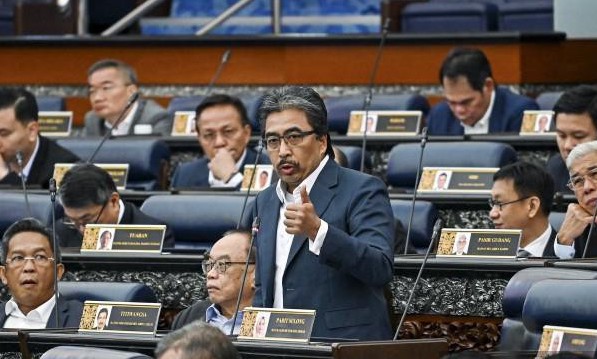THE statistics from the Solid Waste Management and Public Cleansing Corporation reveal that Malaysians discard approximately 39,078 tonnes of solid waste daily with food constituting the largest portion at 30.6%.
This problem escalates during festive seasons in Malaysia, where cultural celebrations lead to increased food waste due to excessive preparation and consumer buying patterns.
Despite the joyous occasions, the surge in discarded food highlights the need for greater awareness and measures to address this issue of food waste in the country.
Lately, we saw the disposal of rice, flour and other products by a politician who has taken responsibility for the act after photos and videos of the dumping of the food products went viral on social media.
This has led the Consumer Association of Kedah (Cake) to describe the dumping of rice and other essential items in Temerloh, Pahang as an act of betrayal to the people, in particular the needy.
Its president Yusrizal Yusoff lamented the action as a “really serious wastage” and called for the relevant authorities to carry out thorough probes into the incident.
“This is an act of betrayal to the people, in particular the hardcore poor and underprivileged who are struggling to obtain their supply of essential items,” he said in a statement.
He stressed that it was unbecoming for any party to make a bulk purchase of the essential items for various reasons but then disposing of them.
Following media reports, Agriculture and Food Security Minister Datuk Seri Mohamad Sabu instructed the Temerloh Padi and Rice Supervision Office (KPB) to conduct an investigation.
Following that, the former deputy home minister Datuk Seri Ismail Mohamed Said admitted to having disposed of the rice and other food items at the illegal dump site.
Ismail, in a statement, said the items were from a stockpile he had prepared for his constituents when he was the Kuala Krau MP, but that they were no longer fit for public consumption.
“I take full responsibility and deeply regret this matter, and I apologise to all parties for the oversight in monitoring the disposal of kitchen goods that went viral on social media yesterday (April 29),” Dr Ismail.
However, back in 2023, Malaysia was facing an imminent shortage of local white rice due to unpredictable weather and soaring prices of padi seeds.
Climate change-induced erratic weather challenges farmers, who struggle to secure certified seeds.
Price manipulation by suppliers exacerbates the situation. Government intervention and monitoring are crucial to prevent further shortages and price manipulation.
Just this year, Dewan Rakyat Speak Tan Sri Johari Abdul suggested replacing rice with tapioca due to a nationwide rice shortage. His statement stirred social media. Some ridiculed the idea, questioning its feasibility and cost. – April 20, 2024










